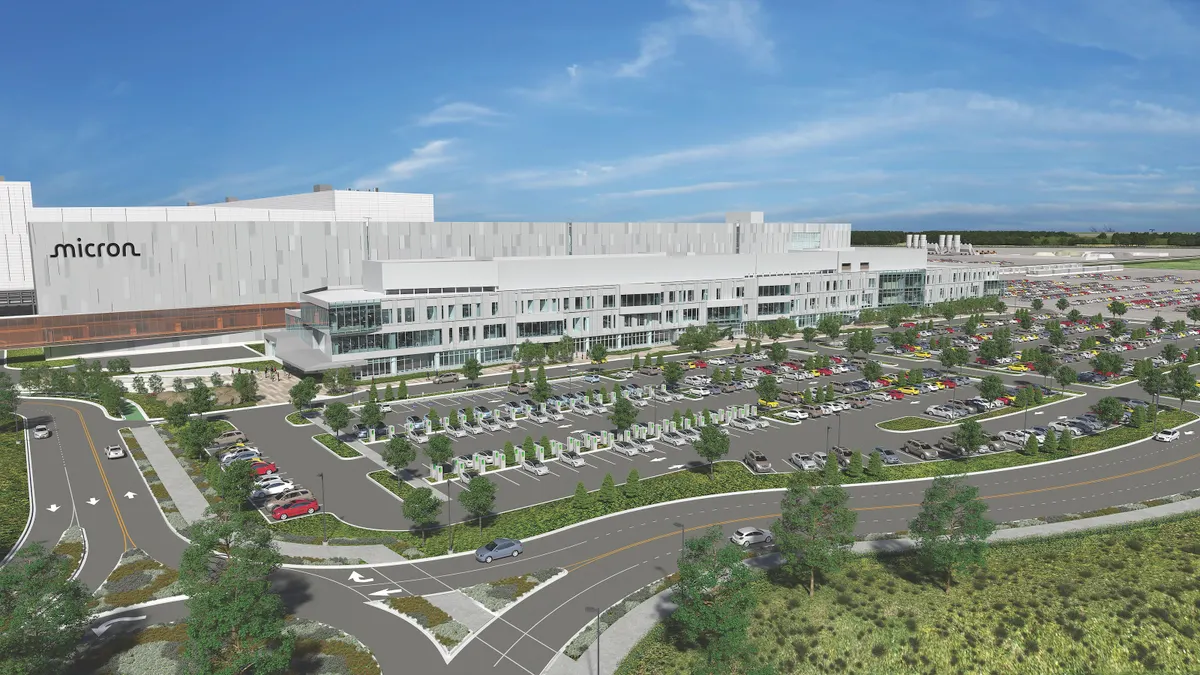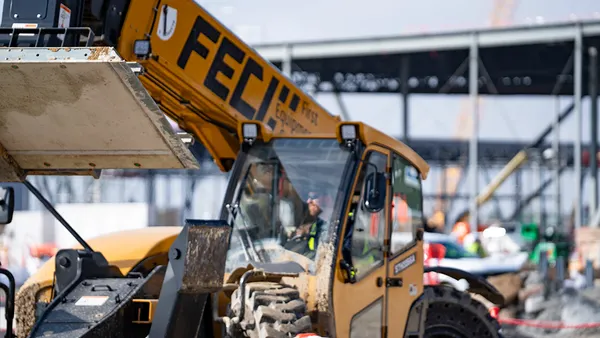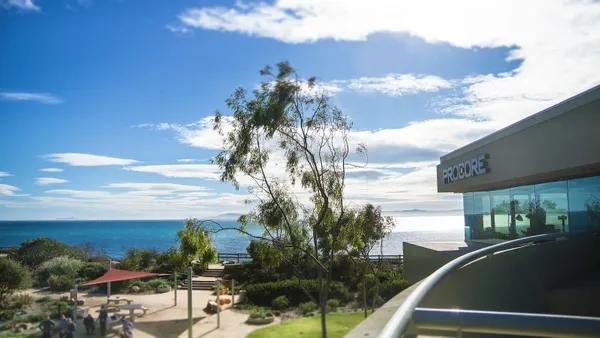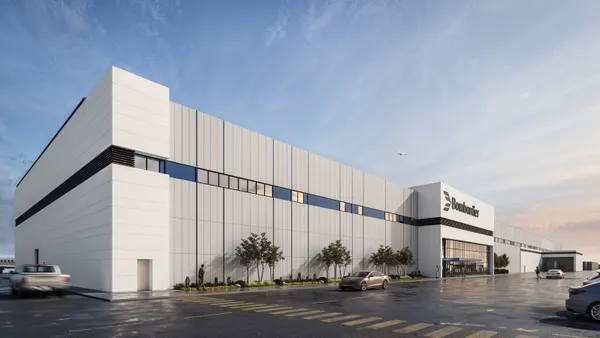Dive Brief:
-
The developer for the $12 billion, 240-mile proposed high-speed train between Dallas and Houston has hired Fluor Enterprises and Lane Construction Corp. to perform pre-construction planning, scheduling, cost estimating and procurement, as well as design and engineering services, according to Texas Central Partners.
-
The two contractors will not have an equity or ownership stake in the project, and they will not have a role in land acquisition. The pair will comprise the preferred design–build team once the project completes the development and financial-close phases.
-
A draft environmental review is due this fall from the Federal Railroad Administration, which will reveal its preferred route for the bullet train, according to The Dallas Morning News. Texas Central can then focus its land acquisition efforts along that route.
Dive Insight:
While Texas Central has not raised the possibility of a post-review cost increase, it wouldn't be the first-time agency decisions added to a project's bottom line.
Following the Federal Transit Administration's draft environmental review of the project to replace the Hudson River tunnel connecting New Jersey and New York, estimated costs, including repairs to the existing tunnel, jumped from $7.7 billion to $12.9 billion. Project officials said the extra costs were associated with the FTA's final decision regarding the new tunnel's location.
That's not the only challenge facing Texas Central's high-speed rail plans.
Spurred by landowner complaints about alleged land acquisition practices — namely, eminent domain, which Texas Central has said would be a last resort — some Texas legislators oppose the project.
However, during the last legislative session, state lawmakers passed only two of 20 bills meant to either stop the project or make it difficult to execute. Legislators passed one safety-related measure and another that prevents the state from giving any money to the project.
The Texas Department of Transportation previously said it would be able to offer limited help in the form of plan review and infrastructure at new rail stations.
A 2015 study commissioned by Texas Central said the rail project could generate more than $36 billion in economic benefits during the next 25 years. The rail would pay an expected $2.5 billion in state and local taxes through 2040 while investing significantly in local development around the proposed station sites. The developer also said the project could create an average of 10,000 construction-related jobs per year over the anticipated four-year construction period.













